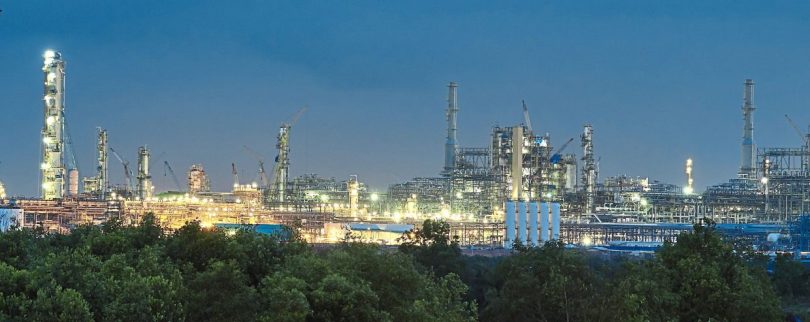[ad_1]
IN line with its vision to establish Johor as a sustainable, world-class downstream oil and gas hub, Johor Petroleum Development Corp Bhd (JPDC) has established the Pengerang Integrated Petroleum Complex (PIPC) in Pengerang, Johor – 93 sq km industrial area dedicated for downstream oil and gas activities.
PIPC serves as an ideal zone to grow downstream oil and gas activities in Johor, given its strategic location with sufficient water depth for sea transportation of crude oil and liquid products, proximity to international shipping lanes, closeness to Singapore – an established trading centre for oil and gas products, as well as infrastructure to support downstream oil and gas activities.
While the PIPC Development Master Plan, which spans a period of 25 years from 2013 to 2037 focuses on bringing in quality investments, it has always emphasised on the need for the projects to be sustainable in terms of environmental safety and care, good governance in terms of project financing and delivery.
It also ensures the local community is given plenty of opportunities and support to participate in the economic growth, in the form of job creation, as well as business involvement.
The main concept of the original master plan was to accommodate three or four integrated petroleum complexes within the designated industrial zone.
Presently, these include an integrated complex (Pengerang Integrated Complex) developed by PETRONAS, a deepwater terminal and tank storage centre (Pengerang Deepwater Terminals) developed by Dialog Group Bhd , an industrial park (Pengerang Industrial Park) being developed by Johor Corp and other industrial parks that have received development approvals.
, an industrial park (Pengerang Industrial Park) being developed by Johor Corp and other industrial parks that have received development approvals.
JPDC has also received indications of interest from prospective investors in various petrochemical activities.
With the rapid growth of green technology and sustainability, JPDC is working on attracting industry players that can bring new-generation oil refinery and cracker facilities, specialty chemicals and bio-based fuels, as well as activities that form part of the energy transition chain to PIPC.
This will be alongside manufacturers of intermediate and finished petrochemical-based products, providers of integrated logistics services and facilities, as well as providers of turnaround, maintenance, repair and overhaul services.
To ensure there is a skilled workforce properly equipped to help take the industry into the future, it is important to establish a platform allowing clear and transparent exchange of information between industry players and training providers on the type of skill sets and headcount the companies require at present and for future growth.
Also, the industry needs to be assured that the manpower trained by the training institutions and providers meet the level of skill and safety standards required in carrying out business operations.
To keep abreast of industry developments, training institutions must continuously review their training syllabus and contents, assess the levels of their trainers’ understanding of current systems and technologies and test the adequacy of their training equipment and facilities to ensure the quality of contents and support systems are relevant to industry requirements.
To this end, JPDC receives funding from the Economic Planning Unit of the Prime Minister’s Department to conduct upskilling programmes (Bridging Gaps Programme) for Malaysia’s university graduates in technical fields and upskilling and re-skilling programmes for technical manpower (Skills in Oil and Gas Programme or SOGA).
From 2016 to 2022, 750 Malaysian engineering and technical graduates have participated in the Bridging Gaps Programme.
Meanwhile, SOGA, which started in 2020, prepares Malaysian manpower with mandatory certification or competencies in skills relevant to plant operations. As of September, over 1,800 workers have completed training under SOGA and are employed by companies.
[ad_2]
Source link









